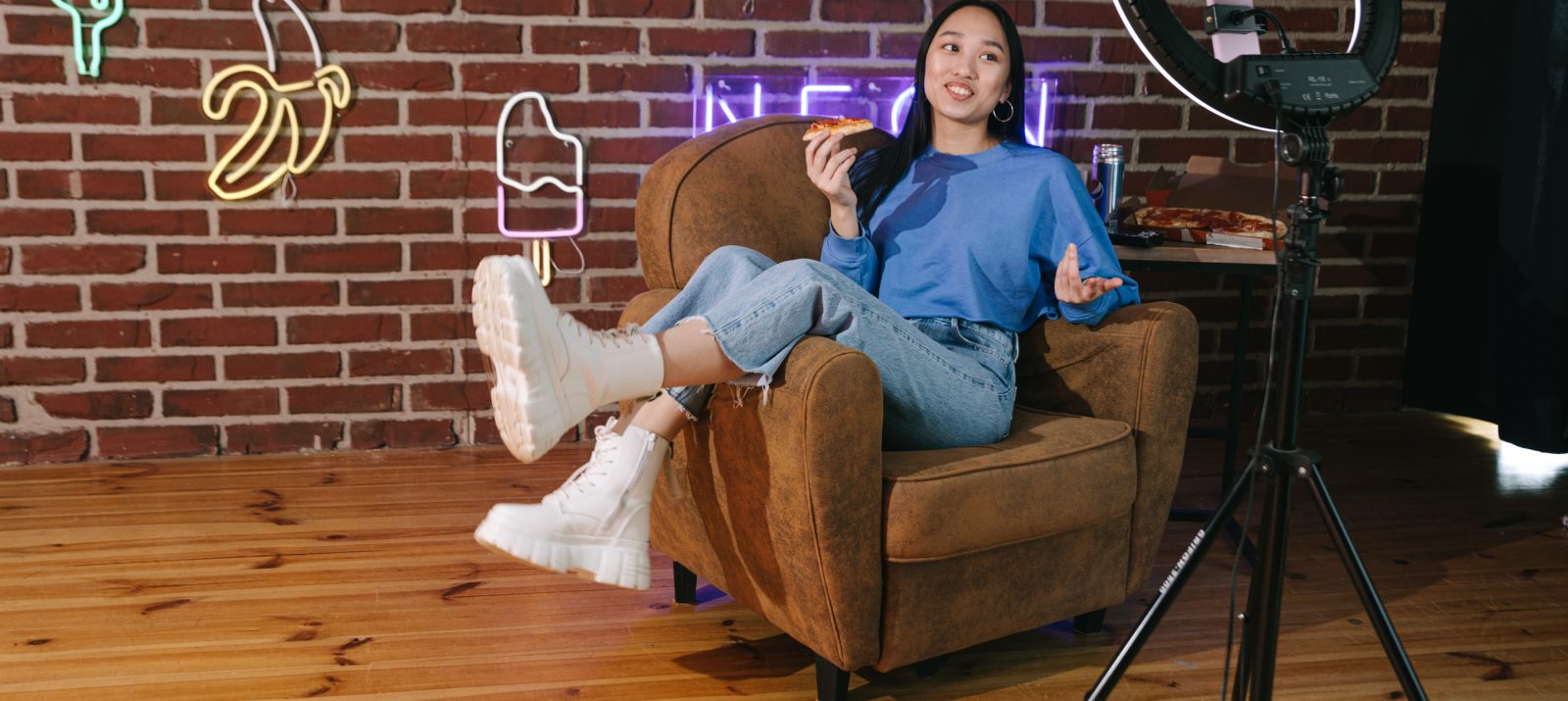
“If you think positively, your life will change for the better!”. Happiness and success as if by magic – that’s what the social media trend “Lucky Girl Syndrome” is all about.
Under the hashtag #luckygirlsyndrome, millions of videos of young women can be found on TikTok, Instagram and the like. They usually look very good, smile into the camera and promise their followers success through beliefs and mantras such as “I am happy” or “Things are going well for me”. The message is: good things will happen to those who expect good things. This is called the “Law of Assumption.” In some videos, female influencers talk about all the things they’ve been able to achieve thanks to their positive outlook on life: Gambling winnings, dream jobs or the perfect apartment. They challenge their followers to talk themselves into happiness and share the resulting successes with the community. The trend is mainly common among female TikTokers. The hashtag #luckyboysyndrome occurs significantly less.
Who am I? How do I want to become? What do I want to achieve? Children and young people are in the middle of their personal development. On the road to adulthood, adolescents encounter many hurdles and must learn to deal with setbacks. Conquering a crush, getting good grades at school, shining at a dance recital – not everything they set out to do succeeds. This can make you dissatisfied and frustrated. The social media trend “Lucky Girl Syndrome” promises quick happiness and thus exactly meets the interest and longing of some young people, especially girls. They look to their idols for guidance and emulate influencers on social media. Challenges are fun for young users, and they interact with their circle of friends and role models.
Lucky Girl Syndrome” seems harmless, but it can become problematic for users. The trend lures with false promises. It doesn’t hurt to think positively. But goals cannot be achieved with thoughts alone. Those who want to attract happiness solely with the help of loudly spoken sentences and the inner attitude will soon be disappointed. Because only those who also become active and change their own behavior can shape their lives positively.
What is also problematic about the trend is that negative feelings have no place. But those who constantly suppress grief, fear or anger risk their mental health in the long run. What is also completely disregarded is the fact that not everything in life can go well and not everything can be positively influenced. What is also important to remember is that not all people have the same opportunities. Physical characteristics such as appearance, gender, and health and privileges such as social background and finances affect the achievement of personal goals.
Stay open and interested in your child’s social media use. A good basis for discussion is essential for a joint exchange on value issues. Talk to your child about his or her role models on TikTok and Cound with as little bias as possible, and ask what fascinates your child about them. Point out that how influencers are portrayed on social media may differ from how they are portrayed in private. Nobody is lucky all the time. Make it clear to your child: not everything always has to go well in life. Negative feelings are part of it and may be lived through to an appropriate degree. A positive outlook on life is good, but action must follow. Reinforce to your child that he or she is fine the way he or she is. Encourage his self-awareness and support him in critically reflecting on the self-optimization presented by some influencers on social media.